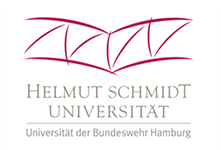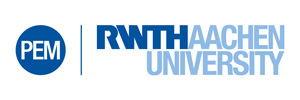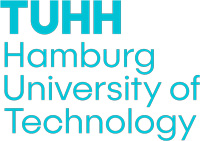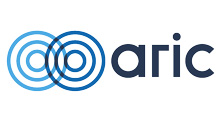8th ML4CPS Conference, March 6-7, 2025, Berlin
The 8th ML4CPS offers a platform for exchange between researchers and users from various fields. The conference will be held in English on March 6 and 7, 2025 at the Fraunhofer Forum in Berlin. It will be hosted by the Fraunhofer Institute for Optronics, System Technologies and Image Exploitation IOSB, the Helmut Schmidt University (HSU), the Technical University of Hamburg (TUHH) and the Chair of Production Engineering of E-Mobility Components (PEM) of the RWTH Aachen.
 Fraunhofer Institute of Optronics, System Technologies and Image Exploitation IOSB
Fraunhofer Institute of Optronics, System Technologies and Image Exploitation IOSB 






